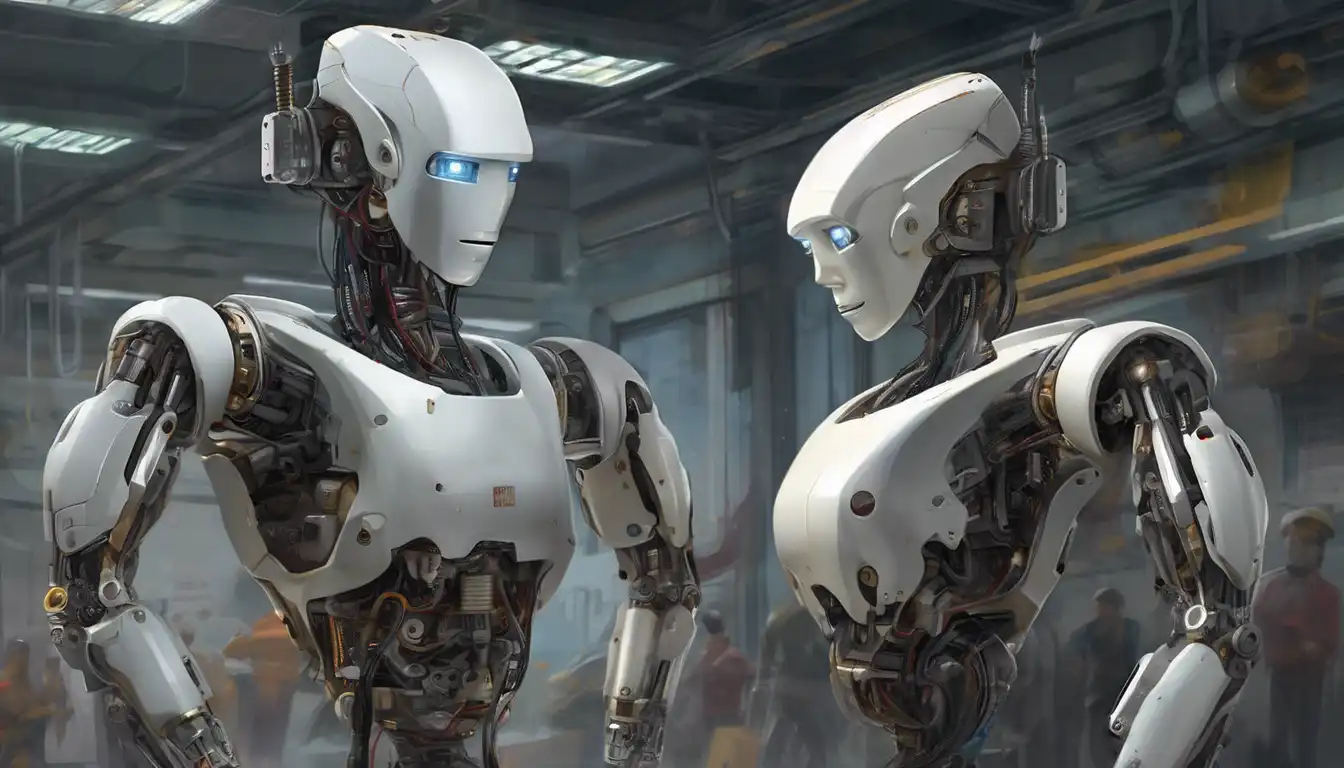Understanding the Ethical Dimensions of Autonomous Robots
In the rapidly evolving world of technology, autonomous robots represent a significant leap forward. These self-operating machines, capable of performing tasks without human intervention, are increasingly becoming a part of our daily lives. From self-driving cars to robotic assistants, the potential applications are vast. However, with great power comes great responsibility, and the ethical implications of these technologies cannot be overlooked.
The Core Ethical Questions
At the heart of the debate are several core questions: Who is responsible when an autonomous robot makes a mistake? How do we ensure these machines make ethical decisions? And what rights, if any, should autonomous robots have? These questions challenge our traditional notions of accountability and morality.
Accountability in the Age of Autonomy
One of the most pressing issues is determining accountability. Unlike traditional machines, autonomous robots can make decisions based on complex algorithms and learning processes. This raises the question: Should the manufacturer, the programmer, or the robot itself be held accountable for any harm caused? The answer is not straightforward and requires a nuanced understanding of both technology and law.
Programming Ethics into Machines
Another critical aspect is the programming of ethical decision-making. Can we encode morality into algorithms? Researchers are exploring ways to integrate ethical frameworks into AI systems, but this is fraught with challenges. Different cultures and societies have varying moral standards, making it difficult to create a universal ethical code for robots.
The Future of Robot Rights
As robots become more advanced, the question of their rights becomes more pertinent. If a robot can think, learn, and feel, does it deserve rights similar to those of humans or animals? This debate is still in its infancy but is gaining traction as technology advances.
Conclusion
The ethics of autonomous robots is a complex and multifaceted issue that requires careful consideration. As we stand on the brink of a new era in technology, it is imperative that we address these ethical questions head-on. By fostering a dialogue between technologists, ethicists, and the public, we can navigate the moral landscape of self-operating machines together.
For more insights into the future of technology and ethics, explore our Future Technology section.
